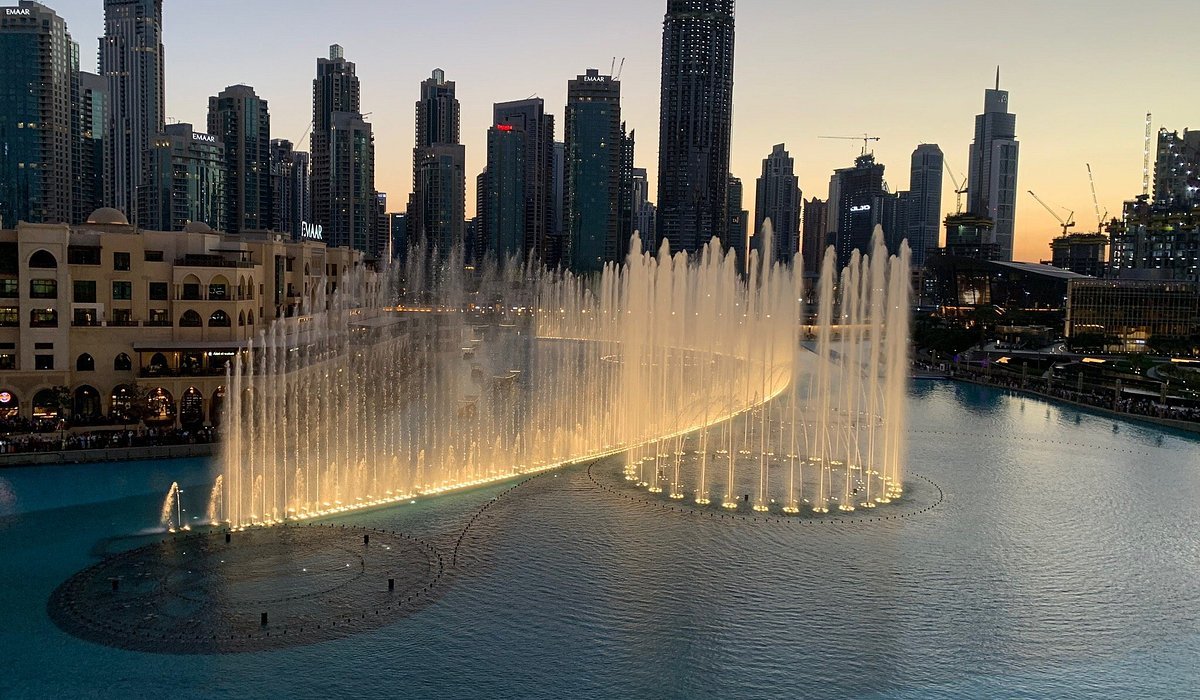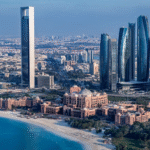Now Reading: Dubai Property Prices Could Drop 15%, Fitch Warns Investors Now 2025
-
01
Dubai Property Prices Could Drop 15%, Fitch Warns Investors Now 2025
Dubai Property Prices Could Drop 15%, Fitch Warns Investors Now 2025

Table of Contents
Global credit rating agency Fitch Ratings has issued a cautionary outlook for the Dubai real estate market, forecasting a potential 15% price correction in the near term. The report has sent ripples through investor circles and raised questions about the sustainability of the emirate’s recent property boom.
Fitch’s warning comes as Dubai’s real estate sector shows signs of overheating, with prices in some prime and off-plan segments reaching pre-2014 levels. The forecast highlights concerns of overvaluation, rising supply, and slowing global demand, which could drive a short-term correction in one of the world’s most dynamic property markets.
Why Fitch Expects a Downturn

According to the latest analysis by Fitch Ratings, multiple red flags are forming within the Dubai real estate ecosystem. While the market has seen remarkable growth post-COVID-19, the report underlines key indicators that may signal a coming slowdown:
1. Surging Prices and Investor Fatigue
Residential property prices in Dubai rose by over 30% between 2021 and 2024, with some luxury developments seeing even higher spikes. While this growth brought investor confidence back, Fitch notes that the rapid pace of appreciation is unsustainable and outpaces fundamental demand growth.
2. Oversupply Risks Resurface
Dubai is known for its ambitious property launches, but Fitch points to an oversupply risk, especially in mid-market and off-plan developments. Several new master communities are scheduled to deliver thousands of units by late 2025 and 2026, potentially outstripping demand and putting downward pressure on prices and rents.
3. Global Economic Headwinds
The ongoing interest rate environment, geopolitical uncertainty, and currency fluctuations are impacting investor sentiment worldwide. Fitch warns that foreign investors, who make up a large share of Dubai’s real estate buyers, may take a more cautious approach in the short term.
The Impact on Buyers, Sellers, and Investors

Fitch’s forecast has multiple implications for key stakeholders in the Dubai real estate market.
For End-Users and First-Time Buyers:
A potential price drop may be good news for home seekers who have been priced out of the market. A 15% correction could make previously unaffordable communities more accessible and increase negotiation power for buyers.
For Sellers:
Sellers may face longer listing times and a more competitive market, particularly in oversupplied areas. Price adjustments may be necessary to attract serious buyers, especially in mid-tier and investment-heavy areas like Jumeirah Village Circle (JVC), Dubailand, and parts of Dubai South.
For Investors:
The short-term outlook appears cautious, but analysts stress that Dubai remains a resilient long-term investment hub. Rental yields are still attractive compared to global markets, and any correction could offer opportunistic buying moments for savvy investors.
Expert Reactions and Market Sentiment
“A Healthy Correction” – Local Developers
Industry leaders say the market could benefit from a correction. A 15% price dip may reduce speculative buying, support sustainable growth, and balance demand and supply in the long term.
“Dubai’s real estate market has matured significantly. Price corrections are not a cause for panic but rather a natural part of any global property cycle,” says Ramesh Ramanathan, Managing Director of a Dubai-based development consultancy.
💬 “It’s Not 2009 Again” – Analysts Reassure
Market experts caution against drawing parallels to the 2008-2009 financial crisis, which saw a sharp collapse in Dubai property values. Unlike that period, today’s market is backed by better regulations, more diversified demand, and stricter off-plan project requirements.
“Even if prices adjust by 10-15%, the fundamentals remain strong,” says Lina Khan, Head of MENA Real Estate Research at a global investment bank. “The emirate’s strategic location, tax advantages, and investor-friendly policies continue to support long-term demand.”
What Should Property Stakeholders Do Now?
If you are in the Dubai property market—or considering entering—it’s wise to stay informed, act with caution, and think long term.
1. Reassess Your Strategy
Investors may want to shift focus toward ready properties with stable rental income, avoiding overly speculative off-plan projects. End-users should prioritize affordability and value, rather than chasing high-growth areas.
2. Check Developer Credentials
Before investing, especially in off-plan developments, do thorough research on the developer’s track record, payment plans, and completion history.
3. Prepare for Lower Returns
Rental yields could compress slightly as more units enter the market. Ensure your investment model accounts for maintenance costs, service charges, and potential vacancy periods.
A Long-Term Play for the Bold
While Fitch’s warning is noteworthy, Dubai’s property market has a proven record of rebounding after corrections. Government initiatives like Golden Visas, green building incentives, and the Dubai 2040 Urban Master Plan continue to make the city a global magnet for business and lifestyle buyers.
In conclusion, while a 15% drop may sound alarming, many experts see it as part of a healthy market cycle, not a bubble burst. For long-term investors, this could be a strategic buying window—but timing, location, and project selection will be more crucial than ever.
Read More:- Shobha Realty Launches Its Most Luxurious Project Yet—Full Details Inside 2025






















